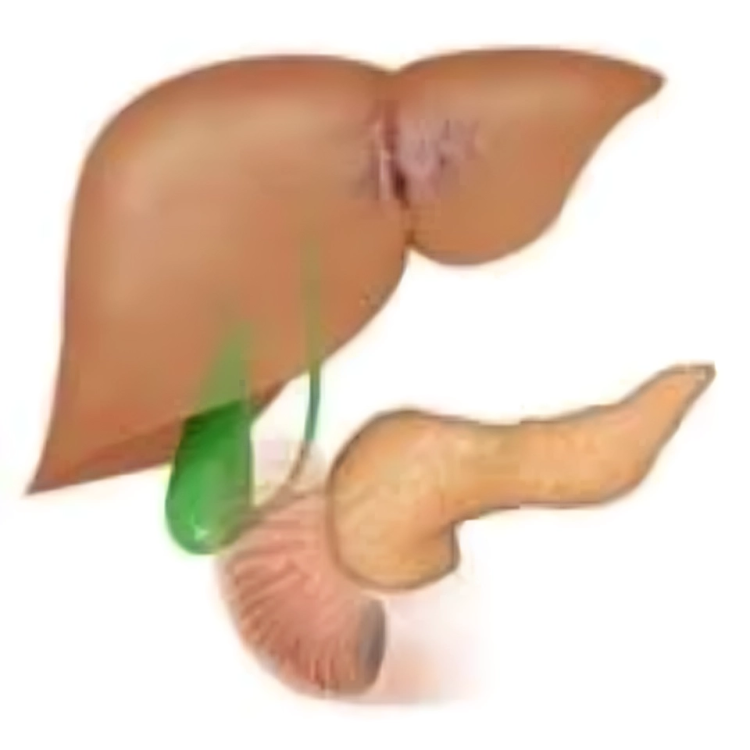Advances In Targeted Therapies For Gastrointestinal Cancer
Gastrointestinal (GI) cancers are a diverse group of malignancies that affect the digestive system, including the esophagus, stomach, liver, pancreas, colon, and rectum. Traditionally, treatment options for GI cancers have been limited and often associated with significant side effects. However, recent years have witnessed remarkable progress in the development of targeted therapies, offering new hope for patients with GI cancer. These therapies are revolutionizing the treatment landscape by precisely targeting specific molecular pathways involved in cancer growth and progression.
To Know More About It Please Click Here
Understanding Targeted Therapies
Targeted therapies are a type of cancer treatment that focuses on interfering with specific molecules or pathways critical for tumor growth and survival. Unlike traditional chemotherapy, which indiscriminately kills rapidly dividing cells, targeted therapies aim to selectively block cancer cells’ growth while sparing healthy tissues. This precision approach not only enhances treatment efficacy but also minimizes adverse effects, thereby improving patients’ quality of life.
Key Targets in Gastrointestinal Cancer
Several molecular targets have been identified in GI cancers, paving the way for the development of targeted therapies. For instance, in colorectal cancer, mutations in the KRAS and BRAF genes are common, leading to abnormal activation of signaling pathways promoting tumor growth. Targeted agents such as cetuximab and panitumumab specifically inhibit these pathways, thereby suppressing cancer progression. Similarly, in gastrointestinal stromal tumors (GISTs), mutations in the KIT and PDGFRA genes drive tumor development, making them susceptible to targeted drugs like imatinib.
Advances in Immunotherapy
In addition to targeted therapies, immunotherapy has emerged as a groundbreaking approach in the treatment of GI cancers. By harnessing the body’s immune system to recognize and destroy cancer cells, immunotherapeutic agents such as checkpoint inhibitors have shown remarkable efficacy in certain GI malignancies. For example, pembrolizumab and nivolumab have demonstrated significant benefits in patients with advanced gastric cancer or gastroesophageal junction cancer, offering a promising alternative for those who have exhausted conventional treatment options.
Combination Therapies and Personalized Medicine
The future of targeted therapies in GI cancer lies in combination treatments and personalized medicine approaches. Researchers are exploring the synergistic effects of combining targeted agents with chemotherapy, radiation therapy, or other immunotherapies to enhance treatment outcomes. Moreover, advances in molecular profiling techniques allow clinicians to identify specific genetic alterations driving an individual’s cancer, enabling tailored treatment strategies that maximize therapeutic efficacy while minimizing toxicity.
Challenges and Future Directions
Despite the remarkable progress in targeted therapies for GI cancer, several challenges remain. Resistance to targeted agents, acquired mutations, and tumor heterogeneity pose significant obstacles to long-term treatment success. Additionally, the high cost of targeted therapies and limited accessibility in certain regions underscore the need for continued research and healthcare policy reforms to ensure equitable access to these life-saving treatments.
Conclusion
Advances in targeted therapies have revolutionized the management of gastrointestinal cancer, offering new hope and improved outcomes for patients. By precisely targeting molecular abnormalities driving cancer growth, these therapies have transformed the treatment landscape, ushering in an era of personalized and precision medicine. With ongoing research efforts and collaborative initiatives, the future holds promise for further advancements in targeted therapies, ultimately enhancing the prognosis and quality of life for individuals affected by GI cancer.








